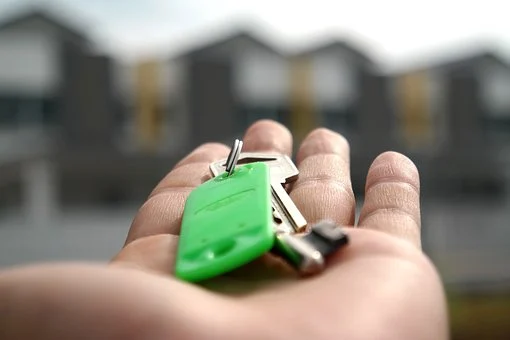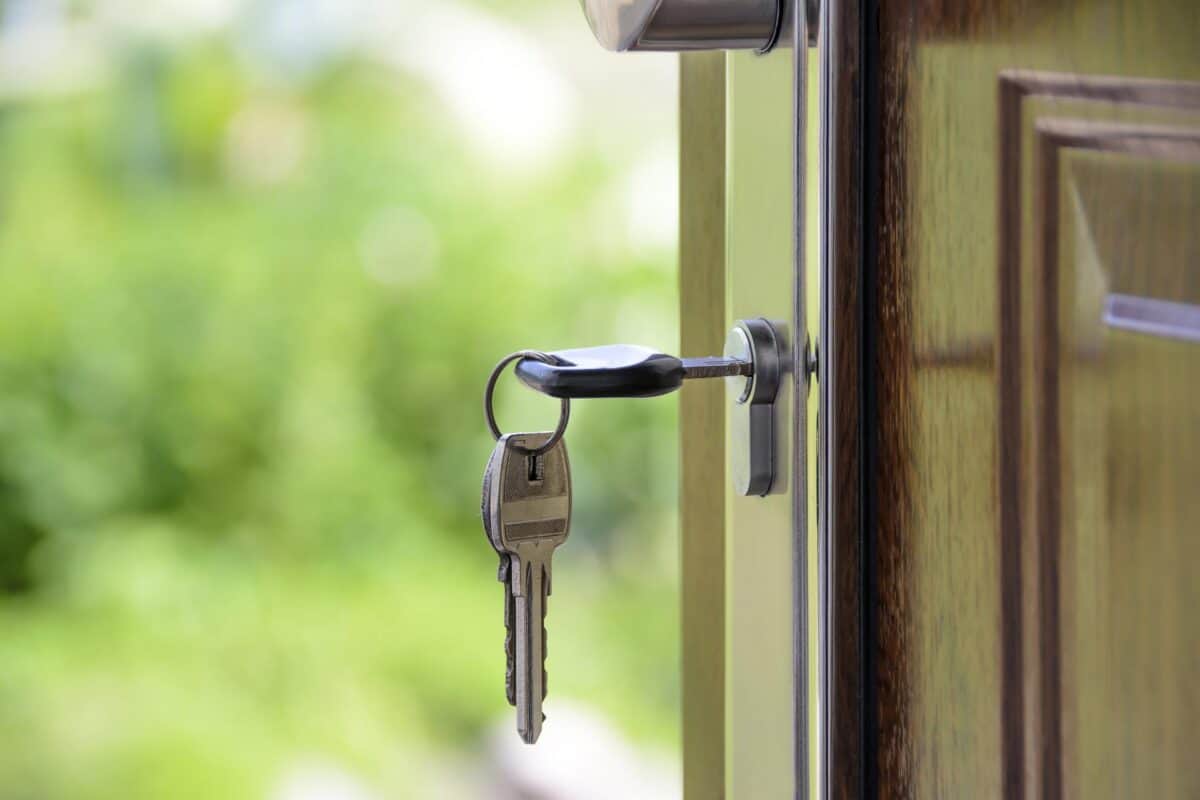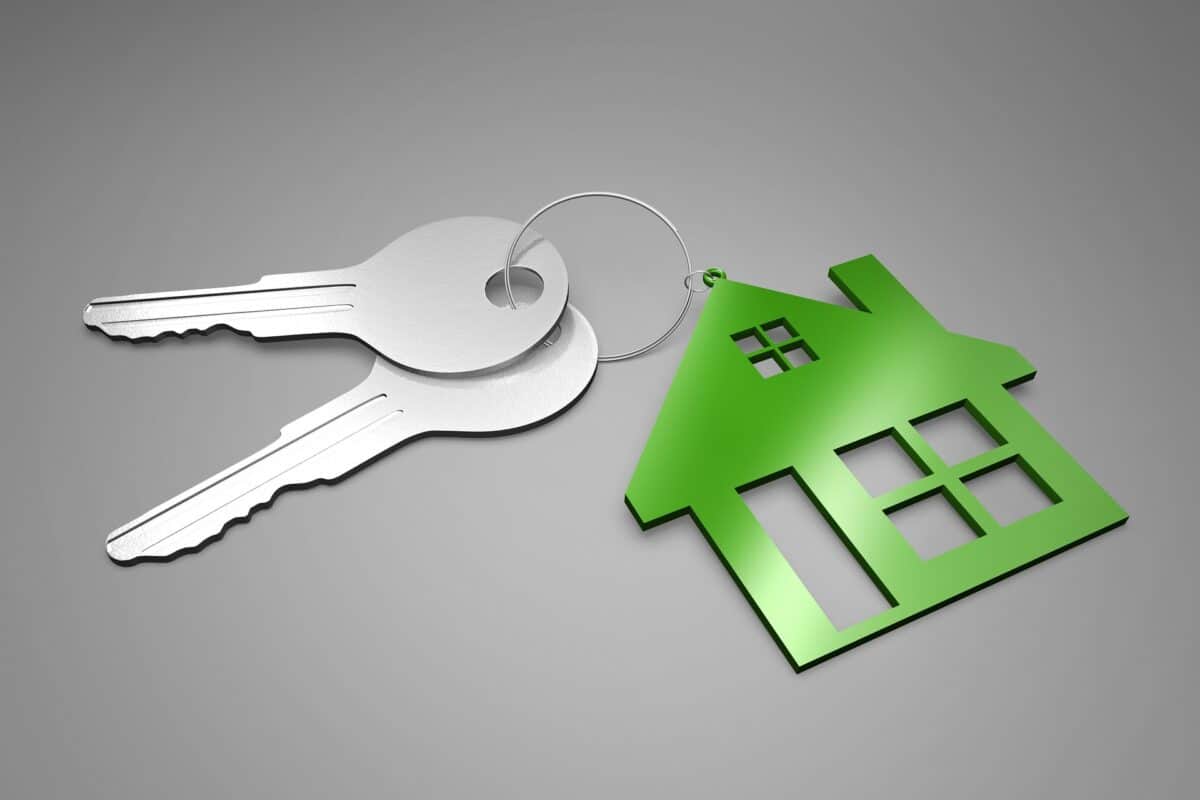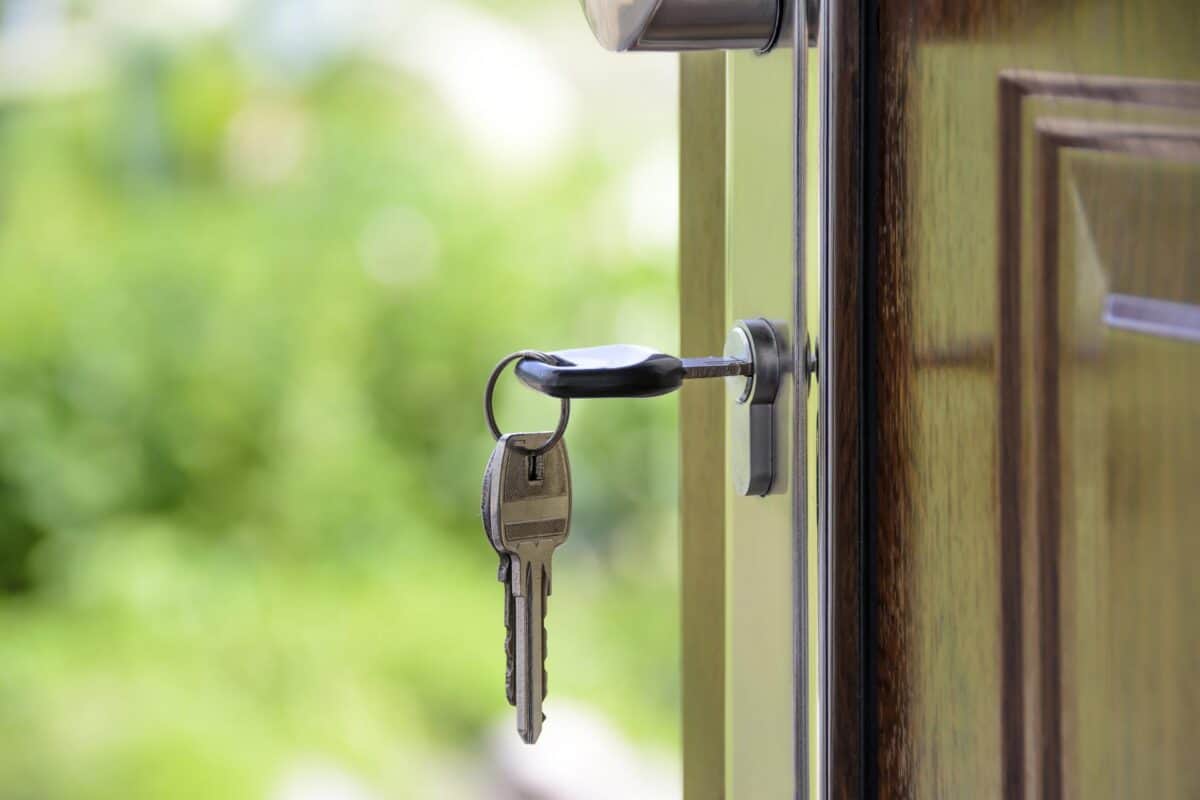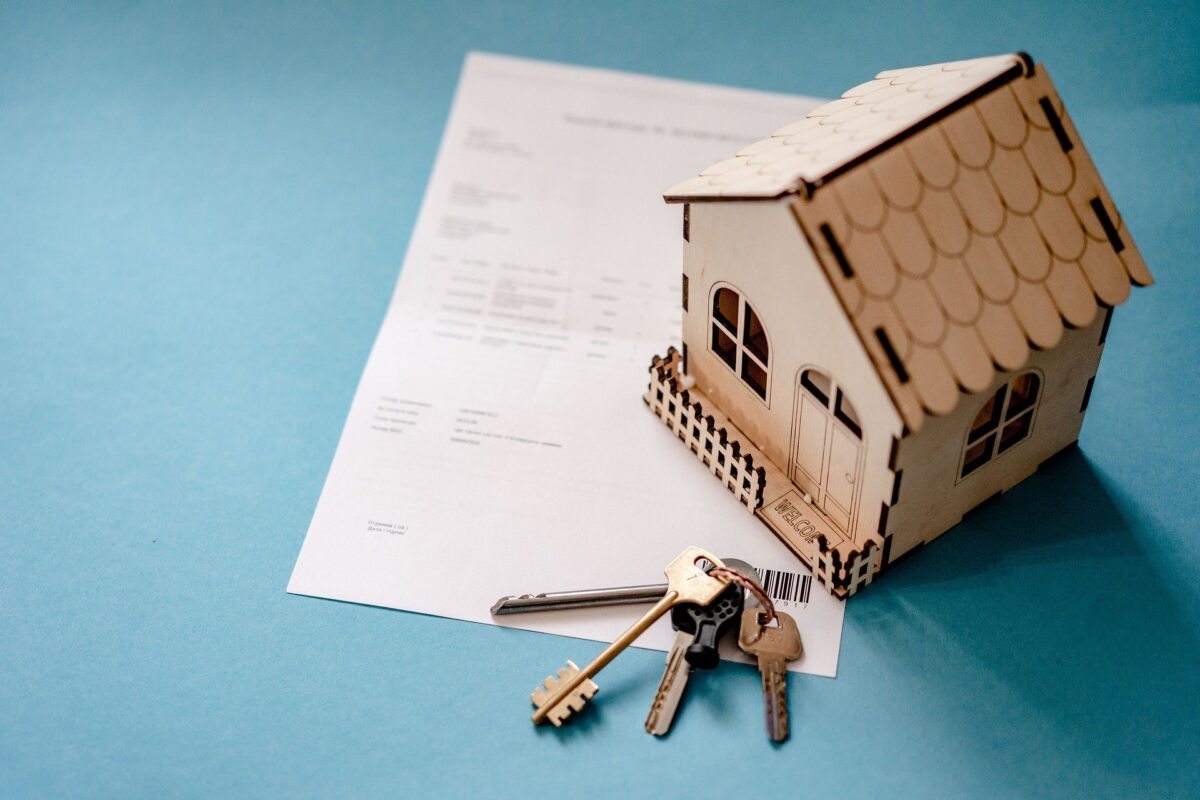Homeowners are bracing for another jump in monthly mortgage repayments as the European Central Bank (ECB) governing council meets on Thursday.
Euro zone bond market rates, or yields, fell on Wednesday as investors assessed the likelihood that the ECB would hike its policy rate by 75 basis points (three-quarters of a percentage point).
The ECB, which raised its interest rate by half a percentage point in July, is expected to deliver a second big rate hike this week as it tries to tame record-high inflation just as a halt to Russian energy supply fans further price pressures and recession fears in the bloc.
While markets had priced in more than a 90 per cent chance that the size of that hike would be 75 basis points earlier this week, they lowered those bets on Tuesday in reaction to several media reports, including one that said a half-point rate hike remained on the table.
“The bottom line is that the decision remains open and even the ECB council members themselves probably cannot guess what the outcome will be,” said Christoph Rieger, head of rates and credit research at Commerzbank in Frankfurt.
But what will that mean for Irish mortgage holders?
Joey Sheahan, head of credit at online broker mymortgages.ie, says that depending on the type of mortgage and the time outstanding on it, homeowners could be facing increases of €22-€28 per month in their repayments for every €100,000 remaining on their mortgage in the event of a half-point increase from the current ECB rate of 0.5 per cent to 1 per cent.
That would rise to €34-€42 if the ECB opts instead for a raise of three-quarters of a percentage point.
| IMPACT OF ECB MORTGAGE RATE RISE | ||||
|---|---|---|---|---|
| per €100,000 of mortgage outstanding | Current Monthly Repayment | 0.5% increase | 0.75% increase | 1% increase |
| Tracker – one % point over ECB with 15 years remaining | €620.74 | €643.51 (+€22.77) |
€655.08 (+€34.34) |
€666.79 (+€46.05) |
| * Standard variable of 3.75% with 15 years remaining | €727.22 | €752.28 (+€25.06) |
€764.99 (+€37.77) |
€777.83 (+€50.61) |
| * Standard variable of 3.75% with 25 years remaining | €514.13 | €541.74 (+€27.61) |
€555.83 (+€41.70) |
€570.12 (+€55.99) |
| ** 5-year fixed of 2.5% with 25 years left in event of rate hikes | €448.62 | €474.21 (+€25.59) |
€487.32 (+€38.90) |
€500.62 (+€52) |
| * Based on average SVR in June 2022: Central Bank ** Average 5-year fixed rate for June: Central Bank |
||||
| Source: Joey Sheahan, head of credit at online broker MyMortgages.ie |
So a half-point rise on a €350,000 tracker rate mortgage with 15 years outstanding would see repayments going from €2,172.59 a month to €2,252.29, a rise of €79.70.
If the rate jumps by three-quarters of a percentage point, the monthly repayments would be €120.19 higher at €2,292.78.
The impact of the increases would be more dramatic for those on standard variable rate loans, while banks would also likely increase interest rates for anyone looking to fix their mortgage rate going forward.
While the continuing three Irish retail banks in the market each decided against raising variable and fixed rates in the wake of the ECB’s July increase, non-bank lenders Avant Money and ICS Mortgages have increased the cost of certain products, reflecting the fact that they are more reliant on market funding than banks.
Davy analyst Diarmaid Sheridan said if the ECB goes for a 75 basis points increase on Thursday, “the banks may need to revise their mortgage pricing, as some of their own funding costs will start to rise”.
“But it’s unlikely that they will pass on the full ECB rate increases,” he said. “The banks are less likely to increase rates in the event of the ECB raising its rates by 50 basis points. The key thing will be any guidance the ECB offers on where interest rates are heading in the coming months. At the moment, banks are paying no interest on deposits, but at some point they will come under pressure to pay some interest, even though they continue to be awash with excess deposits.”



